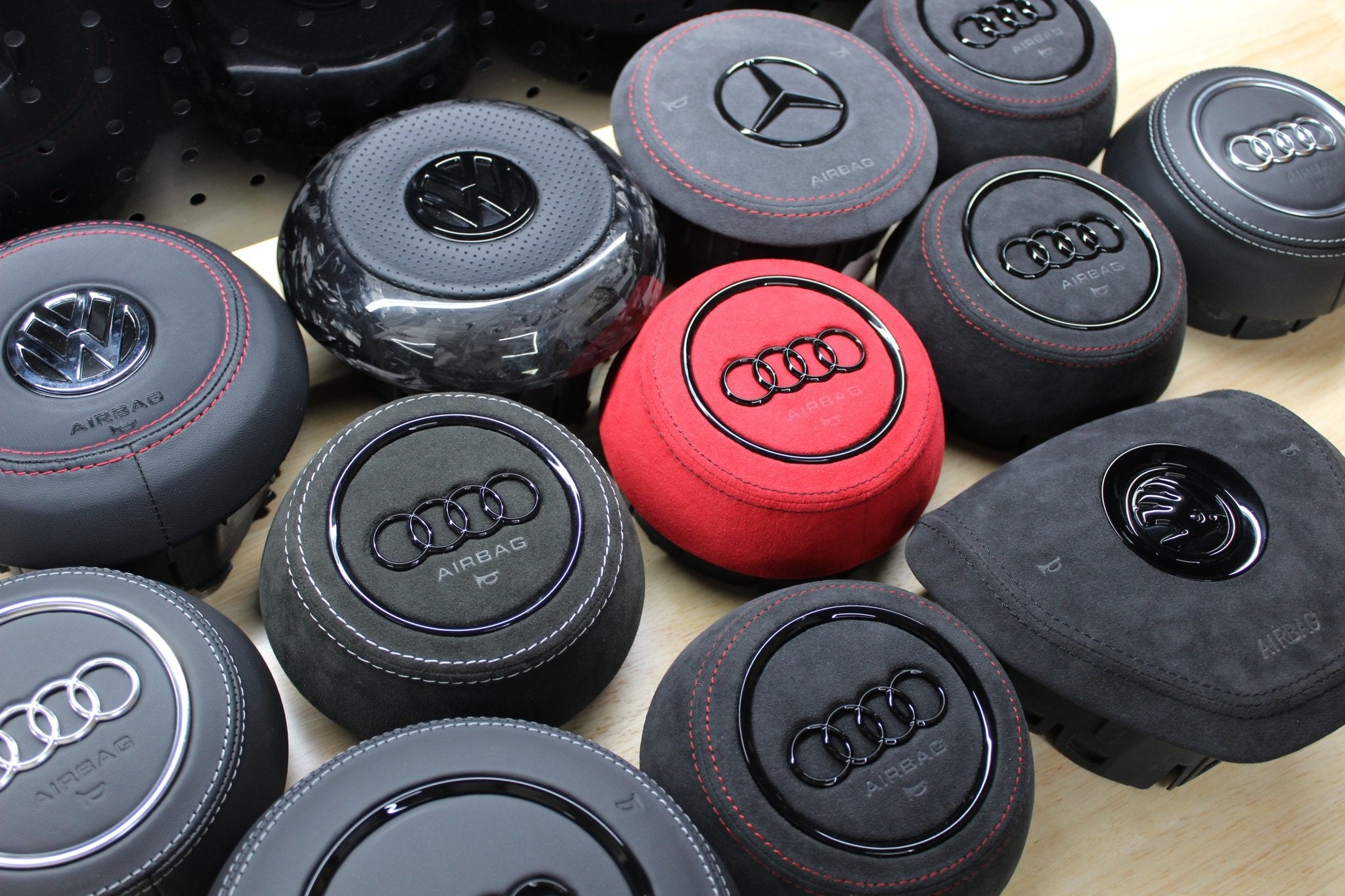Will modifying my car void my warranty?
When it comes to car modifications, car owners often wonder whether they will void their car's warranty by making changes to their vehicles. While the answer is not straightforward, this article aims to provide comprehensive information to help you understand the implications of modifying your car and whether it will void your warranty.
What is a Warranty?
A warranty is a type of guarantee that the manufacturer of a product makes to the consumer, promising to repair or replace the product if it fails during a specified period of time. In the case of cars, the warranty covers the cost of repairs and replacement parts needed to repair the car if it is found to have a manufacturing defect.
Can Modifying Your Car Void Your Warranty?
The simple answer is that it depends. The manufacturer of the car and the type of modification you are planning to make both play a role in determining whether modifying your car will void your warranty.
If the modification you are planning to make does not impact the car's safety or performance, the warranty is unlikely to be voided. However, if the modification is substantial enough to impact the car's safety, performance, or emissions, it could void your warranty.
Types of Modifications That Can Void Your Warranty
There are several types of modifications that can void your warranty, including:
-
Engine modifications: The engine is the heart of your car, and making changes to it can impact the car's performance and emissions. Engine modifications, such as adding a turbocharger, can void your warranty.
-
Suspension modifications: Suspension modifications, such as lowering the car or adding coilovers, can impact the car's handling and safety, and therefore void the warranty.
-
Exhaust modifications: Exhaust modifications, such as adding a cat-back exhaust system, can impact the car's emissions and void the warranty.
-
Brake modifications: Brake modifications, such as upgrading the brake pads or rotors, can impact the car's safety and void the warranty.
-
Electrical modifications: Electrical modifications, such as adding an aftermarket stereo system, can impact the car's electrical system and void the warranty.
It is important to note that not all modifications will void your warranty. If you are unsure whether a modification will void your warranty, it is best to consult with the manufacturer or a knowledgeable mechanic before making any changes to your car.
The Magnuson-Moss Warranty Act (USA)
The Magnuson-Moss Warranty Act is a federal law that regulates warranties for consumer products, including cars. The act prohibits manufacturers from including provisions in their warranties that prohibit the consumer from making any modifications to the product.
This means that a manufacturer cannot void your warranty simply because you made modifications to your car. However, if the modification is found to have caused the problem that is covered by the warranty, the manufacturer may refuse to repair the car under the warranty.
Protecting Your Warranty
If you are planning to modify your car, it is important to protect your warranty. There are several steps you can take to ensure that your warranty remains in effect:
-
Consult with the manufacturer: Before making any modifications, it is best to consult with the manufacturer to ensure that the modification will not void your warranty.
-
Use quality parts: When making modifications, it is important to use quality parts that are designed for your car. Using quality parts can help to ensure that the modification does not impact the car's safety, performance, or emissions.
- Keep records: Keep records of all modifications you make to your car, including the date and type of modification.
We hope this article has helped and will guide you on your path of modification!


Leave a comment